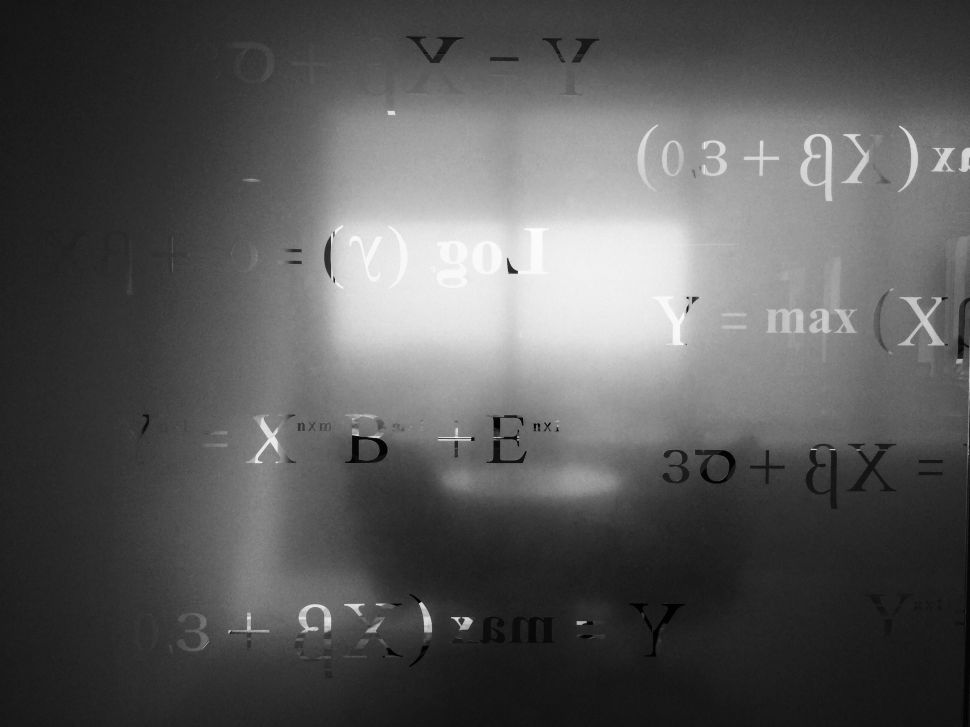
Through establishing an algorithmic trading company that uses machine learning to forecast prices for thousands of financial instruments, the mathematician Alex Gerko has made waves in the world of finance and amassed a staggering $10.3 billion fortune. In an effort to further advance mathematic capabilities with the help of A.I., his firm XTX today (Dec. 5) announced plans to establish a $9.2 million fund to support researchers using the technology to push the field’s boundaries.
“As A.I. continues to transform other sciences, we believe that mathematics will be next,” said Gerko in a statement. The $9.2 million fund will support proposals related to software tools used in the intersection of A.I. and math, open-source datasets, field building initiatives for the A.I.-focused math community, and high-risk and high-reward research approaches.
Gerko, 45, founded the London-based XTX in 2015 after working in FX trading at Deutsche Bank (DB) and GSA Capital. The firm, which trades more than $250 billion a day, has around 250 employees with backgrounds ranging from math to physics and machine learning. It is in the midst of constructing a data center in Finland to enhance its computational power, which currently includes a research cluster of more than 25,000 A.I. chips. Earlier this year, the firm launched a machine learning division that will offer residencies for researchers.
The launch of its A.I. for Math Fund aims to speed up mathematical discoveries through individual grants of up to $1 million for projects that can last two years. A particular emphasis will be placed on A.I.-based automation tools that can verify proofs, which will allow the field to “automatically generate and verify mathematically rigorous claims in general, enabling a vast expansion in mathematical knowledge,” according to the fund’s applicant page. Grant decisions will be announced in April 2025.
The fund was established in partnership with Renaissance Philanthropy, a Washington, D.C.-based nonprofit led by Tom Kalil, who previously worked for Eric Schmidt’s philanthropic venture, Schmidt Futures. “The convergence of A.I. and math has the potential to advance fundamental mathematics, the reasoning capability of A.I, systems, and the synthesis of verifiable code,” said Kalil in a statement.
A history of mathematics-focused philanthropy at XTX
The A.I. for Math Fund isn’t XTX’s first foray into philanthropy with a machine learning bend. The firm last year established the $10 million A.I. Mathematical Olympiad Prize to encourage the development of A.I. models capable of winning a gold medal in the International Mathematical Olympiad (IMO). Gerko’s company has committed more than £250 million ($318 million) to philanthropy since 2017, with more than £50 million ($64 million) earmarked for grants to U.K. organizations supporting careers and education in math.
The firm’s new fund, meanwhile, has already amassed a star-studded list of advisors that includes Terence Tao, a Fields medalist and mathematics professor at the University of California, Los Angeles; Anima Anandkumar, a professor of computing at the California Institute of Technology who formerly acted as Nvidia’s senior director of A.I. research; and Albert Quiaco Jiang, a researcher at French startup Mistral AI.
“The next generation of A.I. models and tools have the potential to enhance collaboration among mathematicians that was previously impossible,” said Tao in a statement.